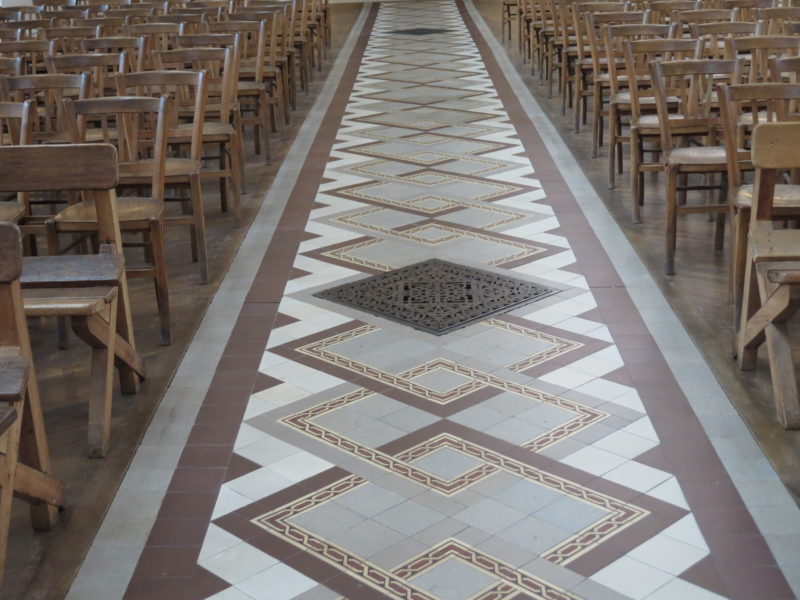
One of the challenges and one of the joys of writing blogs about things that you find interesting but know really very little about, is finding sources that inform you and on a good day, teach you.

This week, while looking into the connectedness between contemporary music and religion, I lucked out. I located numerous articles, among them the smart writing of a young woman, Lauren Jackson, who is a phD candidate at the University of Chicago interested in language and the roots of pop culture.

From her I learned that “Marvin Gaye, Little Richard, Aretha Franklin, John Legend, Katy Perry, Whitney Houston, Lou Rawls, Diana Ross, Jessica Simpson, Usher, Avril Lavigne, Faith Evans, Kristin Chenoweth, Beyoncé, Ethel Merman, Tina Turner, Britney Spears, all started out in church, in choir, on keyboard, as a soloist, each in their own way.”
She also argues in a review of contemporary singers that “Beyoncé Giselle Knowles-Carter is a Christian and a black Christian at that, which, all due respect to all other Christians, is an important distinction. Black folks with a love for God—or a fear of God—just aren’t the same.”
https://thepointmag.com/2017/criticism/touched-by-the-sacred


That sentence vividly reminded me of my first encounter with black worship – namely sitting in a movie theater in Germany watching the Blues Brothers movie, startled at what unfolded on the screen, certain it was an insane parody. Not entirely so, I was told by my American friends, who enlightened me about tent revivalism, voice-filled services, gospel choirs and the like. All quite outside my experience.

Fast forward to the last couple of years which saw videos like this:

One of the biggest stars of our time with a fan community that worships her like a goddess, presents a song about loss of a friend, mourning and salvation in church and in a cemetery. Not exactly sticking to the pews, but in keeping with her strong belief in God and adherence to Christian faith (as can be seen in this documentary about her life.) Christian media call her album Lemonade a modern book of psalms, no less.
http://www.christianitytoday.com/ct/2016/may-web-only/bey-and-beys-god.html

And let’s add something for levity: a nice little conspiracy clip about how Beyonce really is on the side of the forces of darkness. https://www.youtube.com/watch?v=rEerVHe8DRc&t=201s

Here is something less funny, that analyzes the general hatred for black music, Christian or not, by certain parts of our population.
http://www.complex.com/music/2016/10/hip-hop-and-beyonce-trump-supporter-betsy-mccaughey

Enough reading and viewing material to sit in those pews for hours – bring a pillow.







Mike O'Brien
Hi, Friderike– Thanks for introducing me to Beyonce, without your recommendation I might not ever have listened to her music and I liked Heaven, really a short opera. Might be a new world there.
After reading this blog, I think you might appreciate The Gospel at Colonus. Written by Lee Breuer of Mabou Mines and Bob Telford, it’s a reinterpretation of Sophocle’s play, Oedipus at Colonus, through Pentecostal Christian beliefs. In the original cast recording, the Five Blind Boys of Alabama and Morgan Freeman play Oedipus, two choirs from black churches sing backup, and great soloists include Jevetta Steele, whom I adore. They used the beautiful translation done by Robert Fitzgerald; the lyrics of Numberless are the World’s Wonders are directly from his work. There’s a remarkable fit between Oedipus finally finding a peaceful resting place after his long suffering, and the Christian parables of suffering. and redemption. And it’s a thrilling performance.
Here’s a review of a recent production in Los Angeles: http://www.latimes.com/entertainment/arts/la-et-cm-review-the-gospel-at-colonus-at-the-nate-holden-performing-arts-center-20150624-story.html
Steve Tilden
This was so instructive, Friderike, and heart warming, the influences of the black church, their music, their joy. Ellen has taken Birtukan to a black church here, and she may be contacting you re taking Birtukan to the dance troupe you photograph.
Also, dimly in my mind, I think Elvis Presley was discovered singing in church.